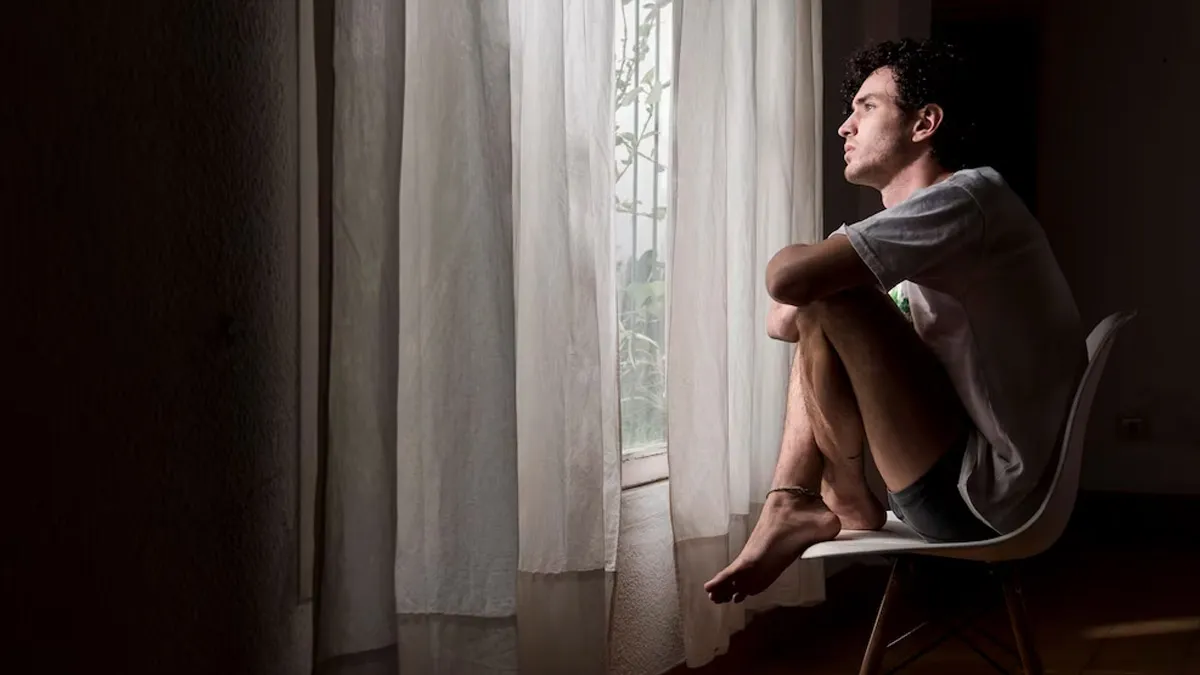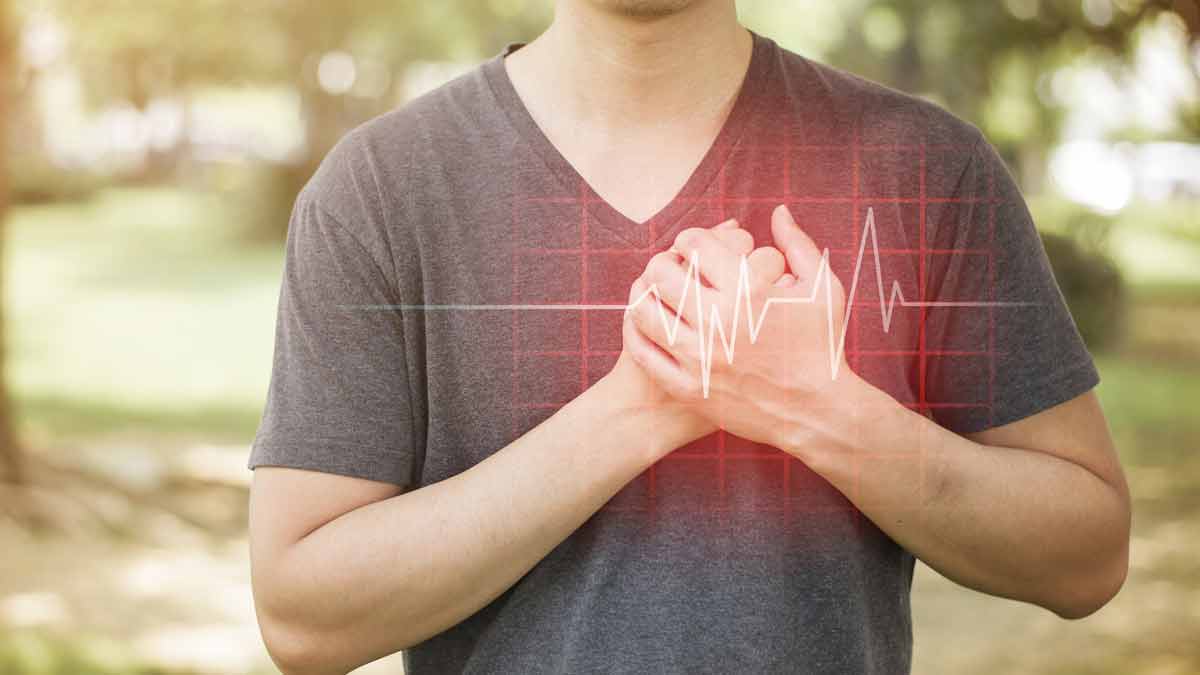
Struggling with loneliness? It's not just a feeling, and it may be harming more than just your mood. In a recent study, the evidence suggests a strong and worrisome link between loneliness and severe illness, particularly with the heart and brain. It turns out that loneliness isn't only bad for your mental health, it's actually hazardous to your body, increasing your risk for Cardiovascular Disease (CVD) and accelerating cognitive impairment (issues with memory and thinking).
Table of Content:-
What's the Connection Between Lonliness and CVDs?
In an exclusive interaction with the editorial team of Onlymyhealth, our expert, Shrey Kumar Srivastav, Senior Consultant and General Physician, Sharda Hospital - Noida, explained that when we are lonely or feeling isolated, your body tends to respond with a stress response.
1. Stress Hormones
Constantly being stressed can create excess levels of stress hormones such as cortisol. High cortisol over time can damage blood vessels, increase blood pressure, and cause inflammation in your body. All these are significant risk factors for strokes and heart attacks.
2. Inflammation
“Long-term (chronic) inflammation is the body's response to combat something, but when it goes on for too long, it begins to hurt good tissue,” said Dr Srivastav. This type of inflammation is a major contributor to both the formation of hardening of the arteries (atherosclerosis) and diseases such as Alzheimer's.

Also Read: Expert Shares Rooibos Tea Benefits for Metabolism and Fat Loss
3. Unhealthy Habits
Isolated individuals tend not to take as good care of themselves. They may eat unhealthier foods, exercise less, smoke, or consume more alcohol. These activities directly lead to heart disease and poor brain health.
“Strong social connections function like a buffer, allowing you to handle stress better and to make healthier life decisions. Socially isolated adults are at a significantly higher risk for developing and dying from heart disease. Loneliness can be just as damaging to your cardiovascular system as well-known risks like smoking, high blood pressure, or obesity. It's a risk factor that needs to be taken just as seriously,” explained Dr Srivastav.
Risk Of Social Isolation On Brain
“For your brain, loneliness can speed up cognitive decline. Our brains love stimulation and interaction. When we don't use them, our brains don't get as much exercise,” he added. Studies indicate that loneliness is associated with an increased risk for developing dementia and a quicker loss of mental acuity. Social engagement keeps your brain in shape and creates a cognitive reserve, allowing it to be robust against disease.

Tips to Stay Safe and Connected
You don't need a huge group of friends, even a few strong, meaningful connections can make a huge difference. Here are simple, practical, expert-approved ways to boost your social health:
- Start Small with Routine Calls: Commit to calling one friend or family member each week, even for just a 15-minute chat. Consistency is key to maintaining relationships.
- Volunteer Your Time: This is a two-for-one. You serve others, and you get to engage with people who all have something in common as a bonus. Seek out opportunities at a local library, animal shelter, or food bank.
- Join a Club or Group: Be interested! Get into a book club, a hiking club, a yoga class, or a painting class. Common activities are an effortless means of meeting new individuals.
- Adopt Technology Mindfully: Video calling (such as Zoom or FaceTime) can make you feel closer than receiving a plain text message. If you cannot be with someone face-to-face, seeing their face is the second best thing.
- Get a Pet: If you're willing and able to take care of one, a pet (particularly a dog) will provide companionship and make you venture outdoors, which tends to result in short, positive contacts with neighbors and other dog owners.
- Be a Good Neighbour: Small things count. Greet fellow residents on your block, lend a hand to a disabled neighbor, or simply smile and look them in the eye. Establishing a community begins right outside your front door.
Bottomline
Prioritising your social life is not a nicety, it's a health plan essential. Put staying connected in the same category that you put healthy eating or exercise and the job is half done.
Also watch this video
FAQ
What is the difference between social isolation and loneliness?
Social Isolation refers to not actually having contact with other people (not many social connections, not seeing friends very often). Loneliness is a sense of being alone or disconnected even when you are around others. Both are unhealthy for your health.
Read Next
Tyreek Hill, Miami Dolphins Star, Dislocated His Knee: Can A Dislocated Knee Heal Without Surgery?
How we keep this article up to date:
We work with experts and keep a close eye on the latest in health and wellness. Whenever there is a new research or helpful information, we update our articles with accurate and useful advice.
Current Version
Oct 01, 2025 13:00 IST
Modified By : Tanya SrivastavaOct 01, 2025 13:00 IST
Modified By : Tanya SrivastavaOct 01, 2025 13:00 IST
Published By : Tanya Srivastava
